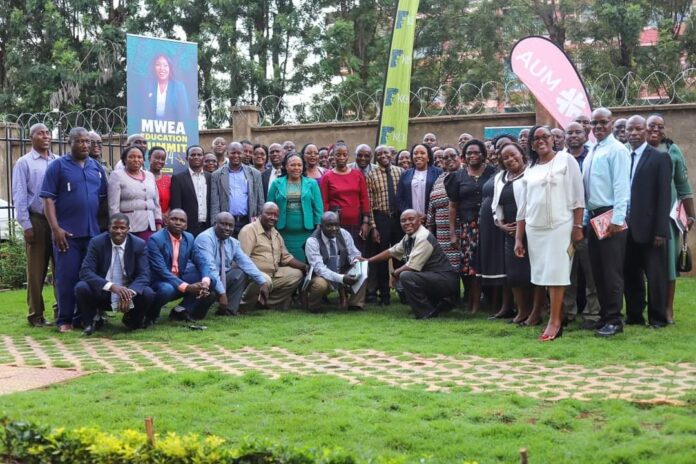In a recent summit held in Wang’uru town, Mwea, teachers from the area gathered to discuss the alarming performance decline in national examinations. Mwea Member of Parliament, Mary Maingi, pointed out critical issues plaguing the education system in the region. This blog post delves into the reasons behind the poor performance, emphasizing child labour, substance abuse, and the shortage of qualified teachers.
Quick Summary:
- Mwea East and West Sub-counties recorded disheartening mean scores in the last KCSE exams.
- Mary Maingi attributes the low scores to child labour, substance abuse, and insufficient teachers.
- Poverty drives children to work in rice fields, hindering their access to education.
- Deputy County Commissioner Teresia Wanjiku warns against child labour, emphasizing the enforcement of laws protecting children’s rights.
- The meeting in Wang’uru town highlights the need for collaborative efforts to address these challenges.
Unraveling the Roots: Child Labour and Poverty
Mary Maingi, the MP for Mwea, shed light on a distressing reality—high poverty levels pushing children into the grueling life of labor in rice fields. The mean scores of 3.97 and 3.297 in Mwea East and West Sub-counties, respectively, signal a pressing need for intervention. Children, driven by necessity, find themselves toiling in fields during crucial school hours.
A Plea to Parents
Mary Maingi passionately called upon parents to assume responsibility for their children’s needs, discouraging child labour as a means to access basic necessities. The plea serves as a crucial reminder that education should be a priority over manual labor, urging parents to ensure their children attend school regularly.
Legal Stance: Teresia Wanjiku’s Warning
Deputy County Commissioner Teresia Wanjiku took a stern stance against parents who allow their children to work in rice fields instead of attending school. Emphasizing existing laws protecting children, she vowed strict enforcement to eliminate child labour. Chiefs and assistants are set to patrol fields during school hours, reinforcing the commitment to safeguarding children’s right to education.
Rigorous Monitoring
Wanjiku revealed plans for frequent visits to rice farms, ensuring compliance with the law and identifying any instances of child labour. This proactive approach aims to create a deterrent effect, dissuading parents from jeopardizing their children’s education for immediate financial gains.
The Unanticipated Challenge: Substance Abuse
In a surprising revelation, Mary Maingi touched upon the issue of drug abuse infiltrating primary schools. Contrary to common assumptions, the problem extends beyond secondary education, posing an additional hurdle to academic success.
A Call for Vigilance
The acknowledgment of drug abuse in primary schools underscores the need for heightened vigilance and preventive measures. Maingi’s statement serves as a wake-up call for educators, parents, and authorities to address this unexpected challenge head-on.
Final Thoughts
The meeting in Wang’uru town serves as a pivotal moment for stakeholders to unite in addressing the multifaceted challenges affecting education in Mwea. Child labour, substance abuse, and inadequate teachers demand a collaborative, community-driven effort. By fostering a culture that prioritizes education and enforcing existing laws, Mwea can embark on a transformative journey towards a brighter academic future.
